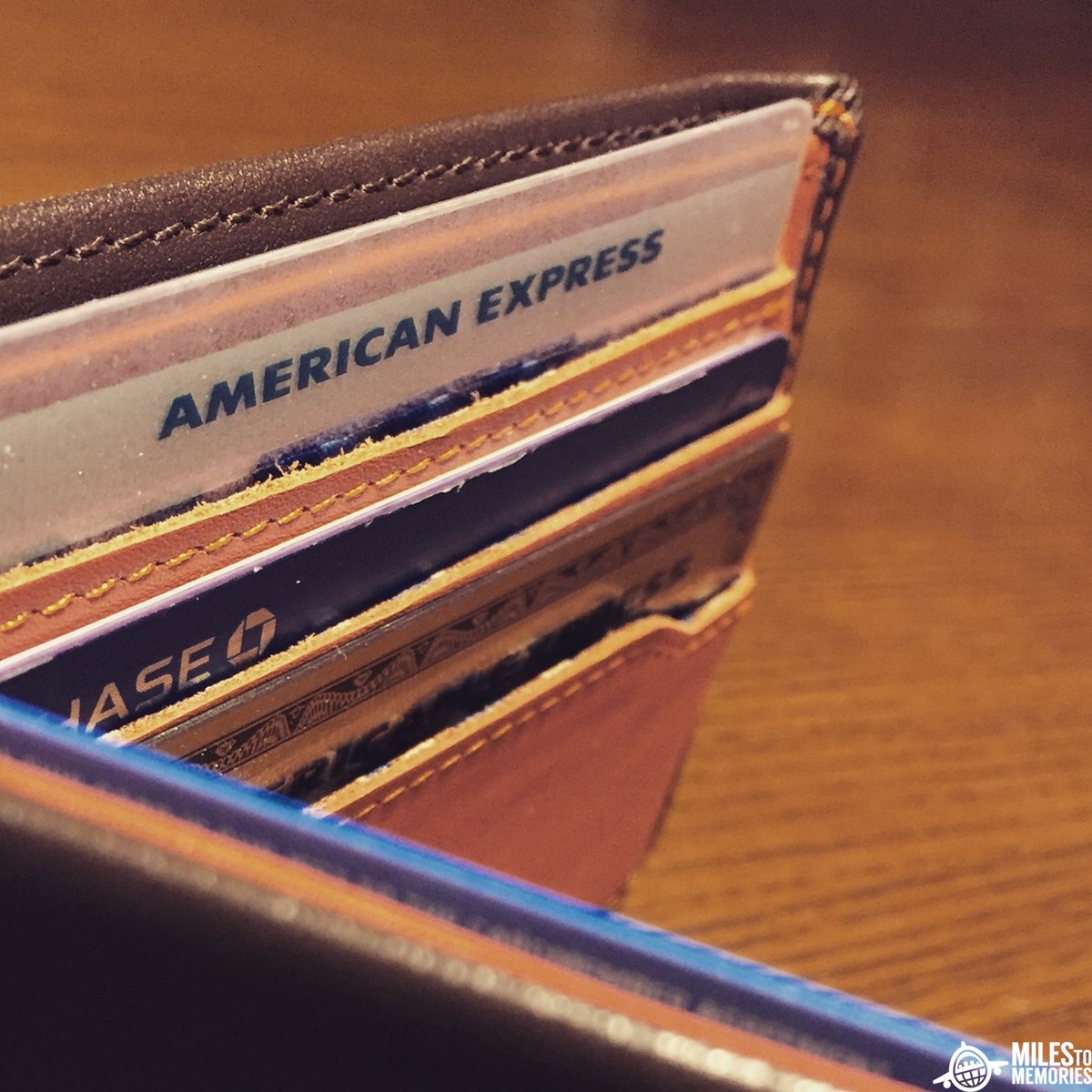
Credit Card Delinquencies Have Dropped During COVID-19 Pandemic
We are used to seeing credit card debt go up and delinquencies rise when unemployment goes up. But this pandemic has been strange in all kinds of ways. Credit card delinquencies have actually have fallen during the last few months, although a rise could be possible as more federal aid is uncertain for now.
Experian revealed the latest data in its August 25th report. It says that despite record unemployment and widespread pay cuts, a review of early credit report data shows that delinquency is actually down across most credit products. The average number of delinquencies overall has fallen in the past six months, a trend that can be seen across mortgage, credit card, personal loan and auto accounts, according to Experian data.
Delinquencies Down Overall
Experian looked at the average number of instances in which a consumer had an account that was 30, 60 or 90 days delinquent in the past 12 months. The rate of decline over the past six months has shown that overall consumer delinquencies are trending down.
Between January 2020 and June 2020, average instances of consumer delinquencies across all delinquency ranges (30, 60 and 90 days) declined by at least 2.4%. The average number of 30-day delinquencies saw the greatest decrease, shrinking by 8.7% since the beginning of the year.
Some of this decline could be attributed to accommodations lenders have made during the pandemic. With more consumers in forbearance, or with payments deferred through some accommodation, the decline in new delinquencies is understandable, as repayment for many loans has been paused.
Delinquencies by State
For 30-day delinquencies between January and July 2020, the national trend was similar in most populous states, with the exception of New York. Consumers in California reduced their average number of 30-day delinquent accounts by 8.2%. Consumers in Texas, Florida and Pennsylvania outpaced the national rate, shrinking their average number of 30-day delinquent accounts by 9.7%, 10.9% and 11.7%, respectively.
In New York, consumers only saw a 1.8% decrease in their number of 30-day delinquencies during the same period. New York was one of the states hit hardest and earliest by the pandemic. Texas, Florida and some other states have seen COVID-19 spread months after New York’s peak, so we could see a similar trend there, much later than New York.
Delinquencies May Soon Rise
The $2 trillion CARES Act signed into law in March has probably been the main boost behind these numbers. Most Americans received a $1,200 one-time payment and those filing for unemployment benefits received an extra $600 per week. That extra weekly payment ended earlier this month.
The law also provided guidance for lenders on borrower accommodations for those that had been impacted by the pandemic. Payments were stopped for some mortgages, student loans etc. All those paused payments are reported as current to the credit bureaus, as long as the account was up to date at the time the accommodation was made. This is likely contributing to the decline of delinquencies.



[…] Credit Card Delinquencies Have Dropped During COVID-19 Pandemic by MtM. Not a huge surprise at this stage. […]
I wonder how much of an impact lenders have made, with the reduction of delinquencies, by proactively offering repayment assistance to their customers.
Unless people in financial stress have maxed out their limit wouldn’t they at least want pay the minimum to
keep the card open? And to keep a decent credit score.